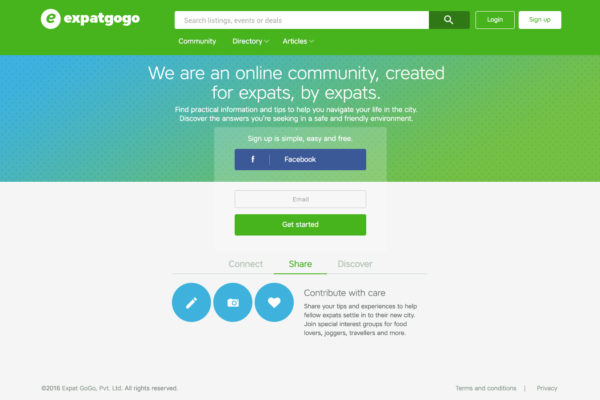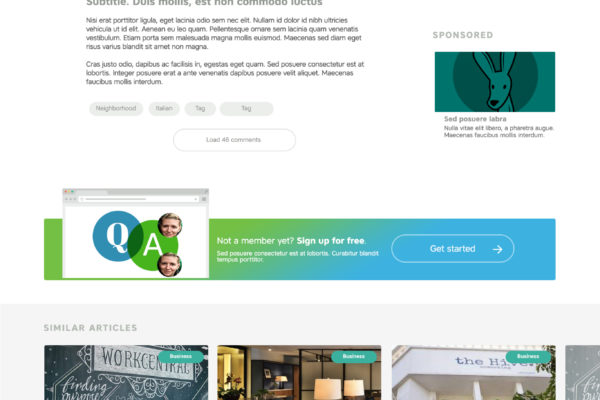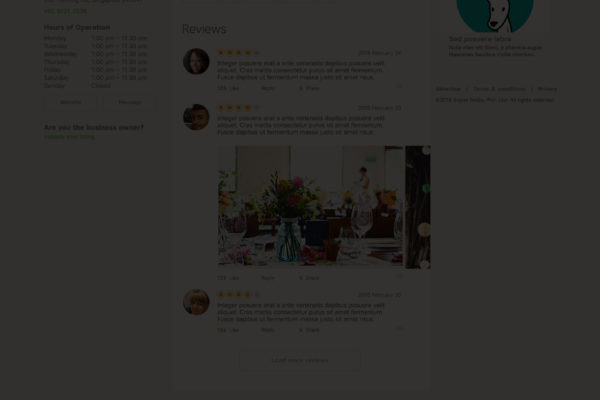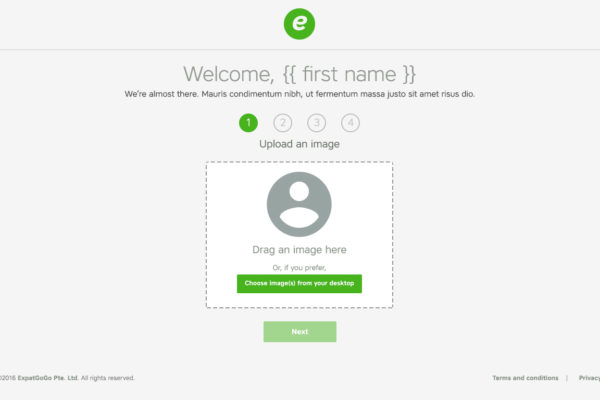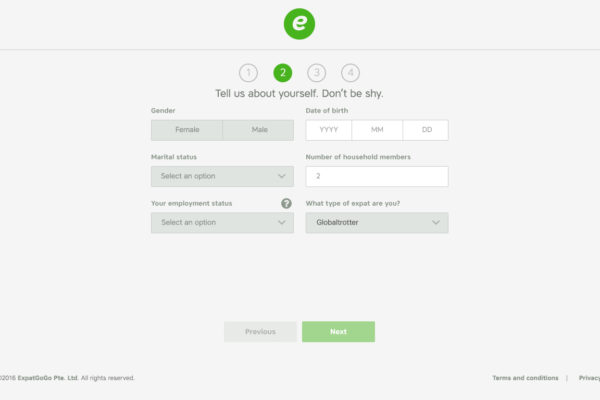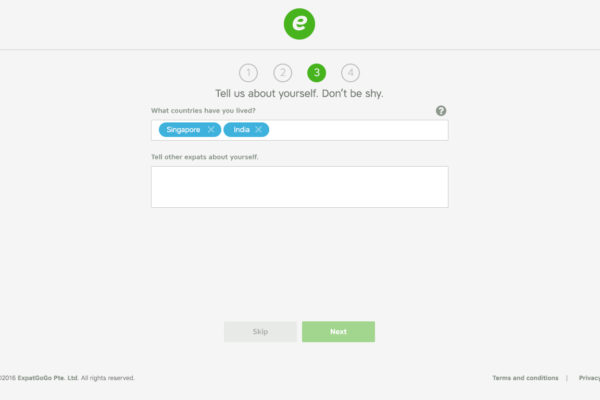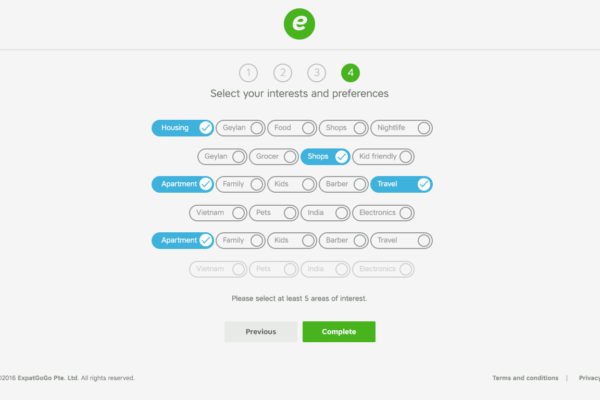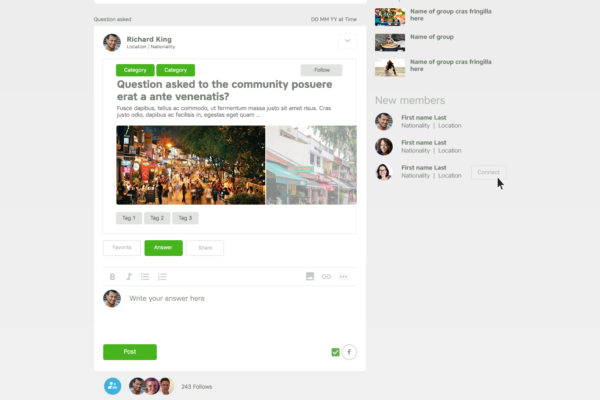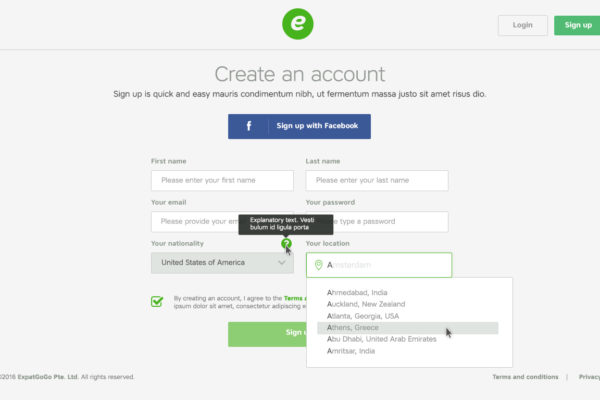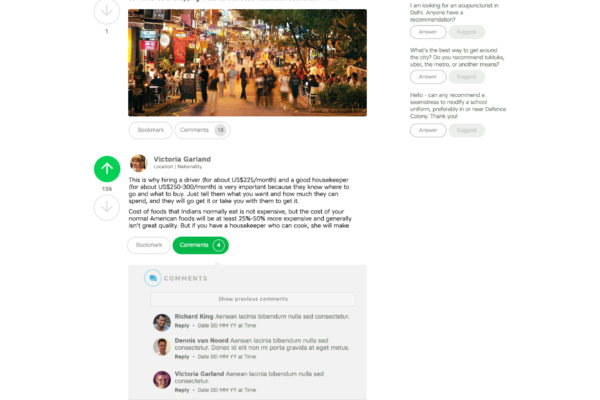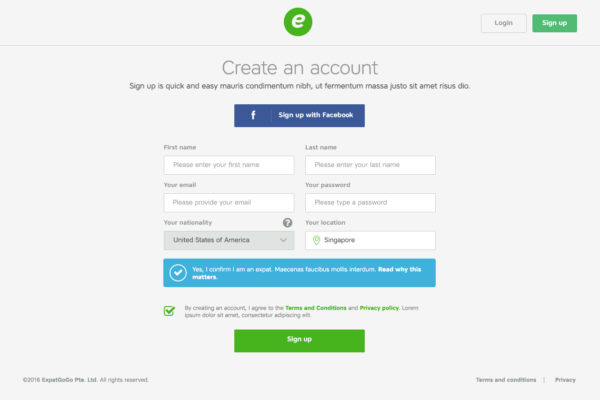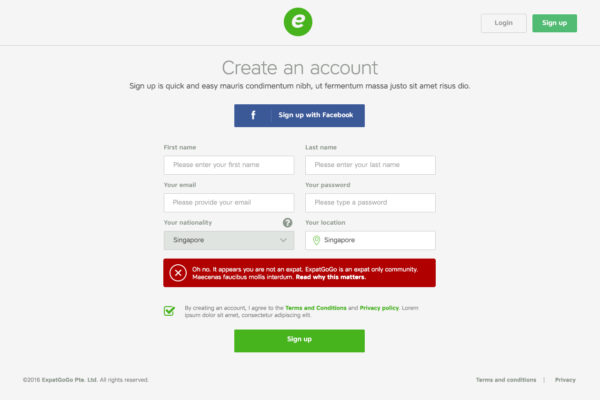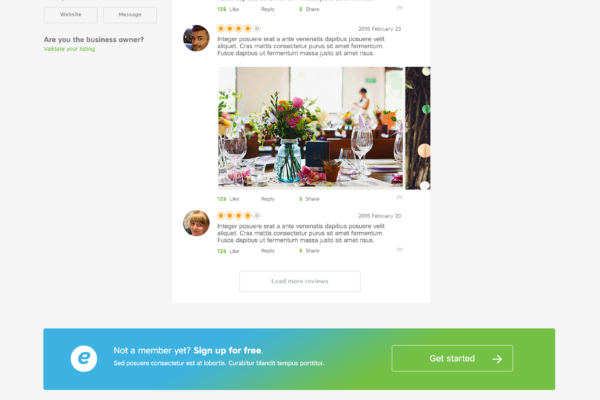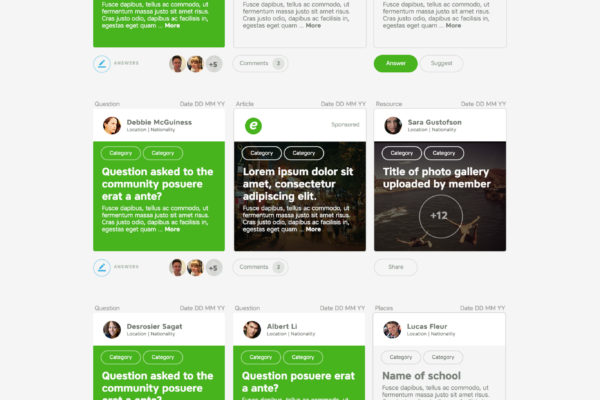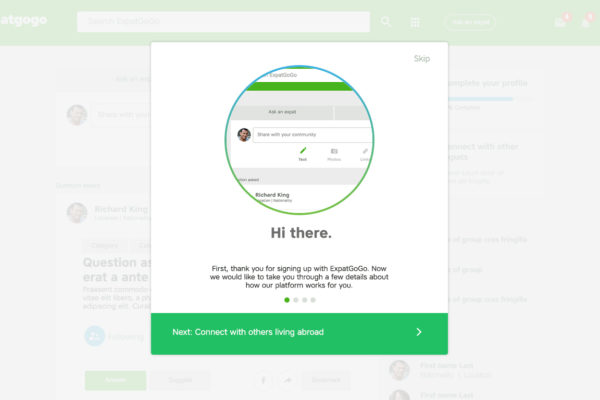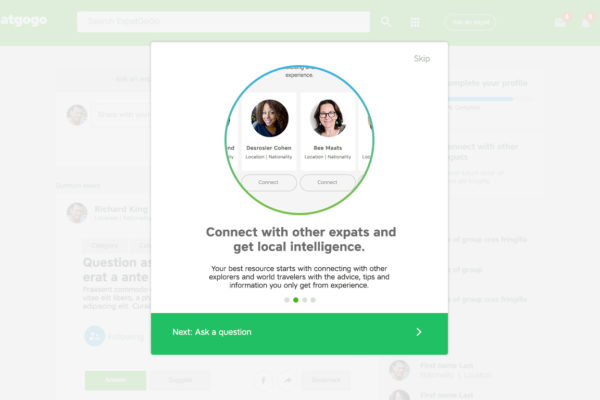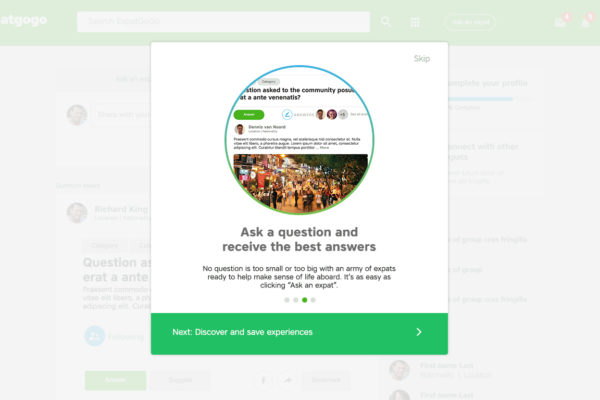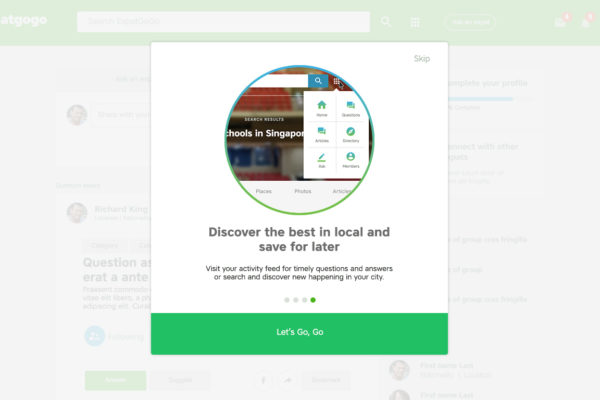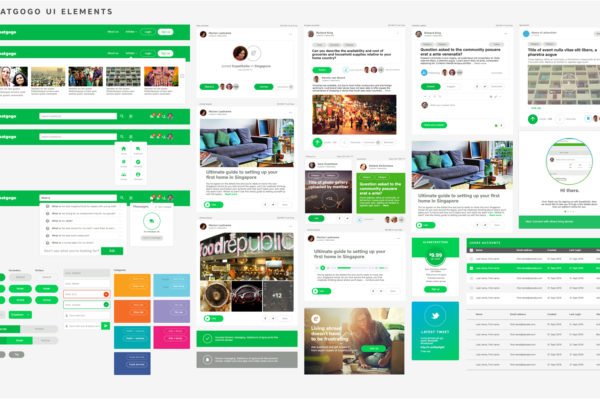- Product Design
- User Experience Design
- User Interface Design
- Interaction Design
- Art Direction
As a resource created for and by expats, our aim was to ease the transition of settling into a city, country or culture by providing relevant and timely services and information essential for life in a city.

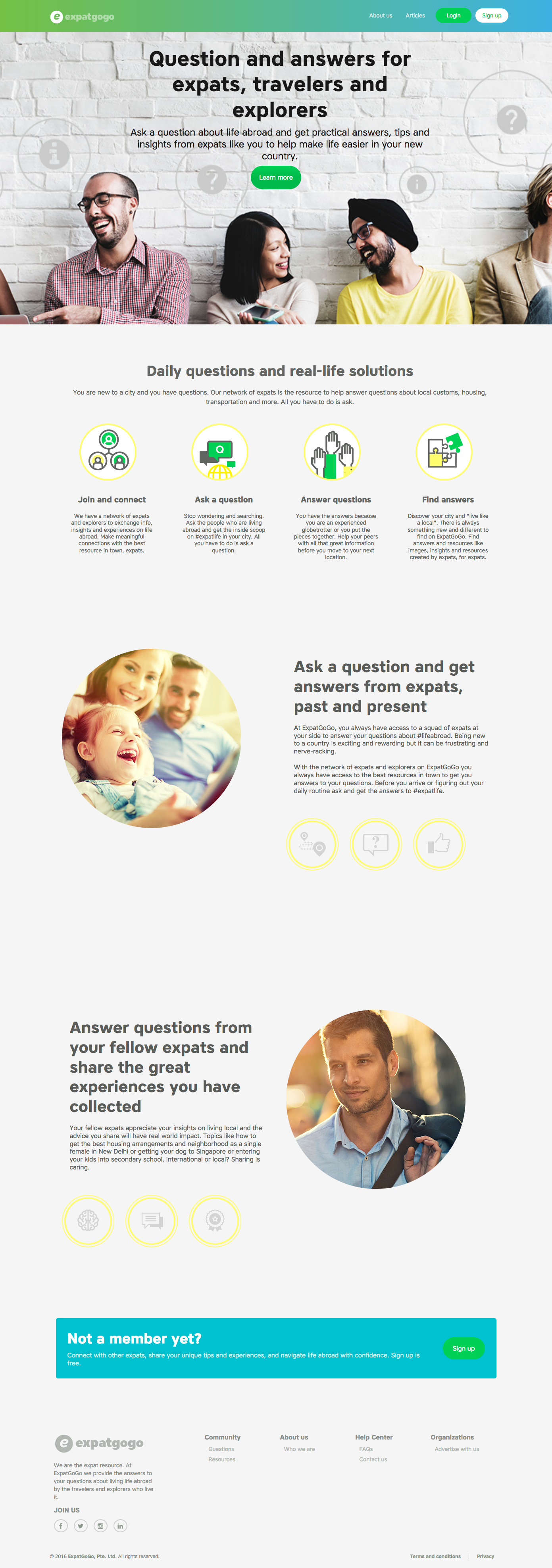
Version 1, Publishing site homepage (Left). Version 2, Q&A homepage (Right).
Challenge(s)
No one-dimensional article from expatliving.com is going to capture that layered information about finding a full-time driver in New Delhi and no search result in going to reveal the subtleties of interacting with the same driver. Facebook groups of which there are several or few (depending on the country), are functional. Filtering and sorting country specific information is difficult to negotiate while messaging a family member in our home country, wading through notifications from several groups and avoiding spammy Candy Crush requests.
In the interest of brevity I’ll discuss two issues here:
- Creating a stable infrastructure. The technology stack wasn’t complicated but it needed to work. For example links need to work as expected and content should not be densely packed on any given page. No one wants to be on the receiving end of feedback that would describe your website or application experience as “frustrating”.
- Meeting the needs of narrow and diverse audience, expats and anyone living outside of there home country for an extended length of time. The needs and cultural integration of a trailing spouse and two young children of a UK diplomat are different from a South Korean corporate employee in New Delhi, Singapore, Dubai, Amsterdam and Hanoi.
Solution
As a model, think of this as a specialized Quora for expats or a closed Facebook group for expats. It is not a shiny, new technology or e-commerce site, but a transactional system with a different kind of currency, information. “Payment” is made with views, follows, saves and votes.
The system would tie this form of payment to reputation, social currency. It would match consumers (expats with country/city specific questions) to producers (expats with country/city specific experience to answer those questions) based on considerations such as current location, time in country, views, and topics of interest.
“We are really good at providing expats with answers”
ExpatGoGo is the expat resource. We provide expats with answers, that work for them, as they come directly from the experience of living abroad. By creating a space for our members to contribute and share the practical and emotional challenges unique to expat life. This provides our partners with the opportunity to address those challenges in a practical and timely manner.
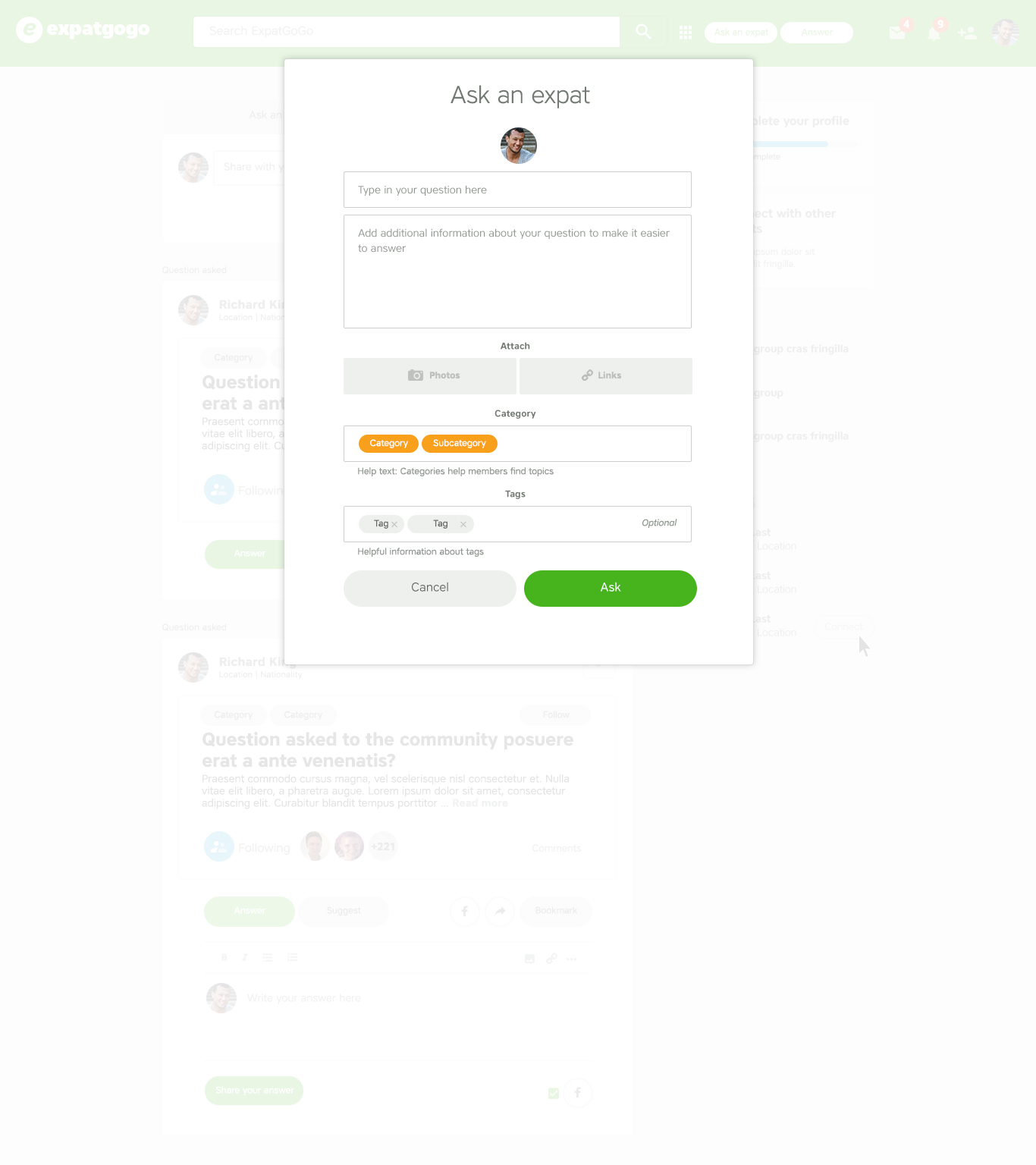
Ideate
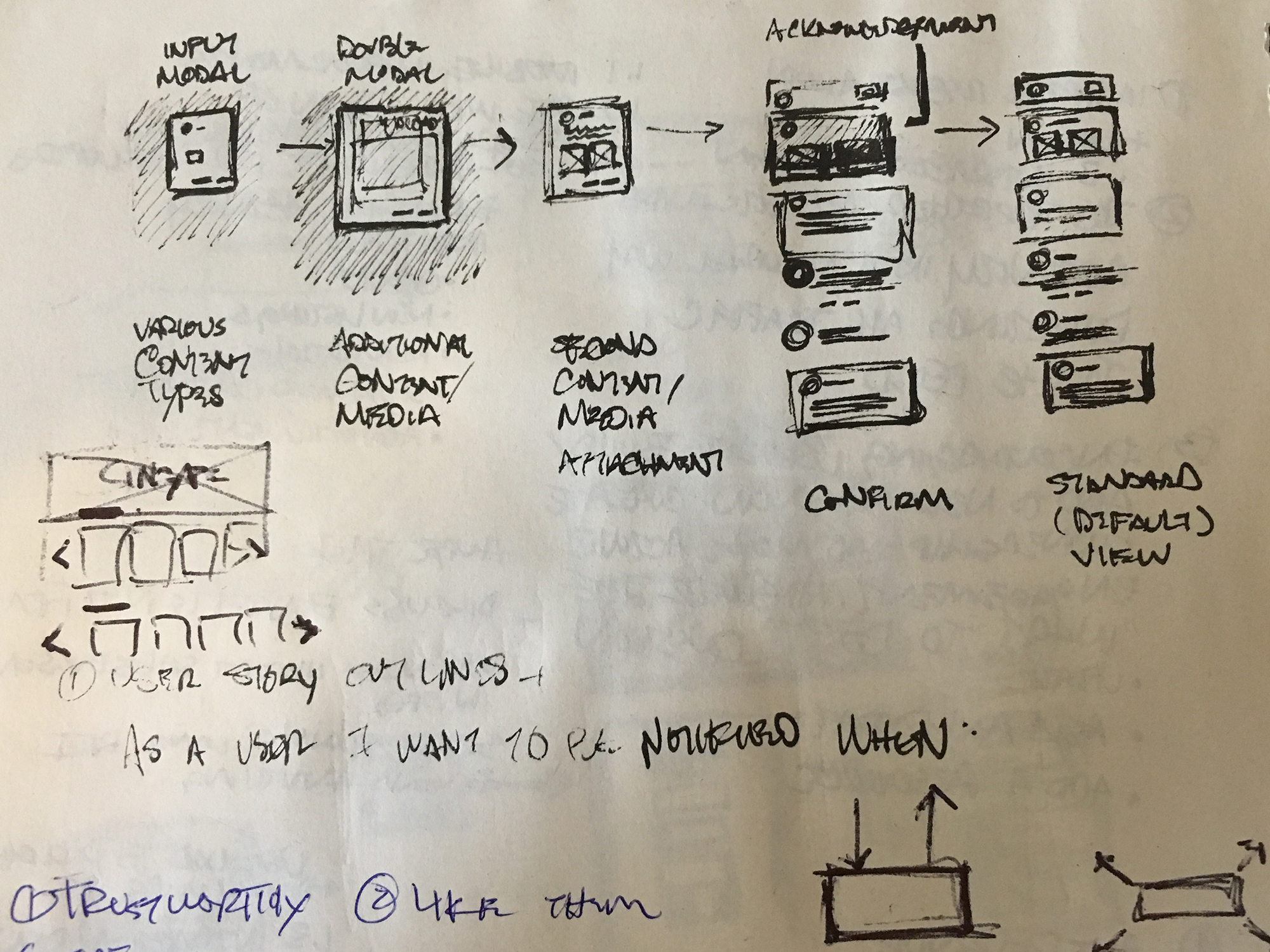
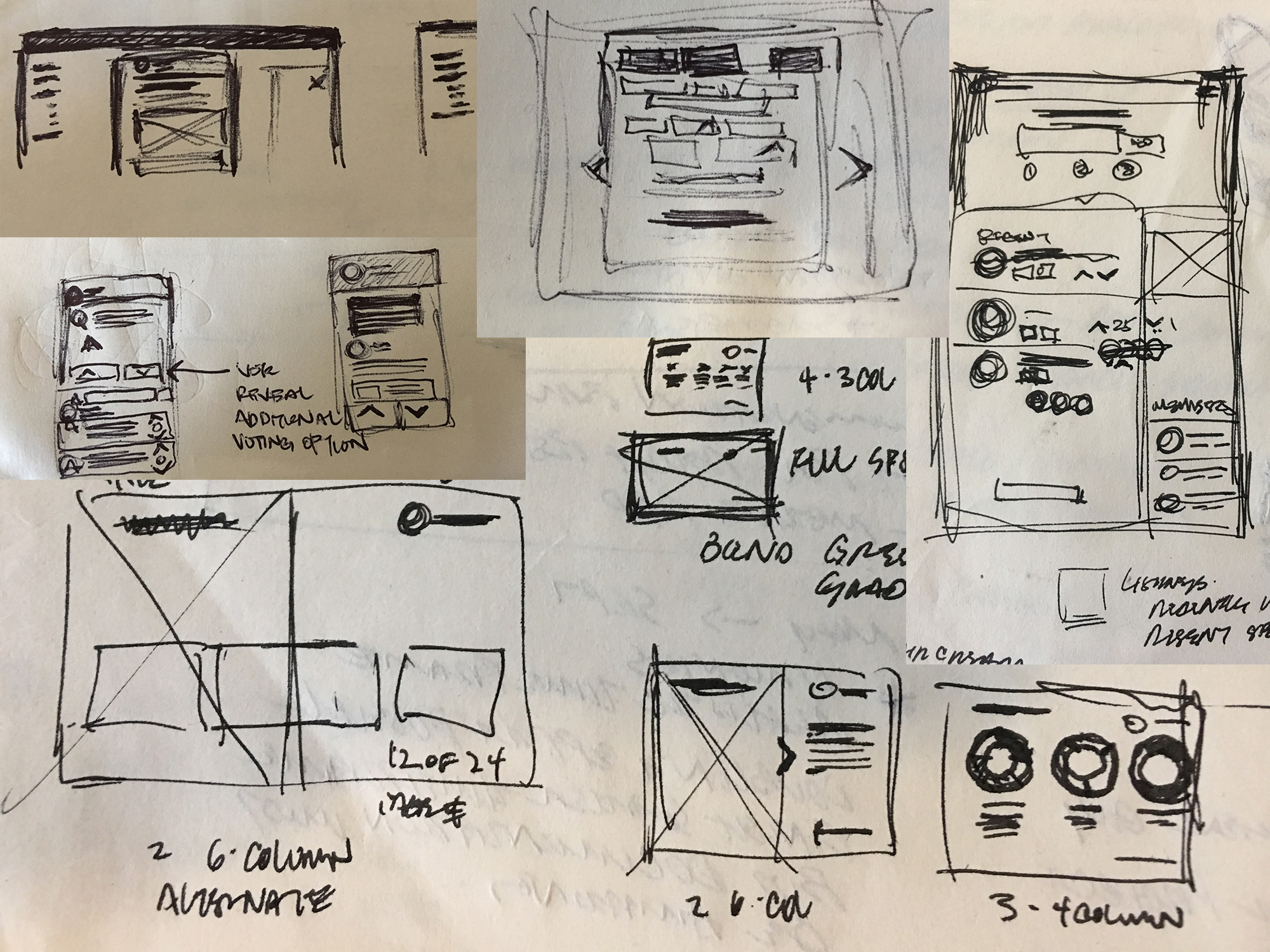
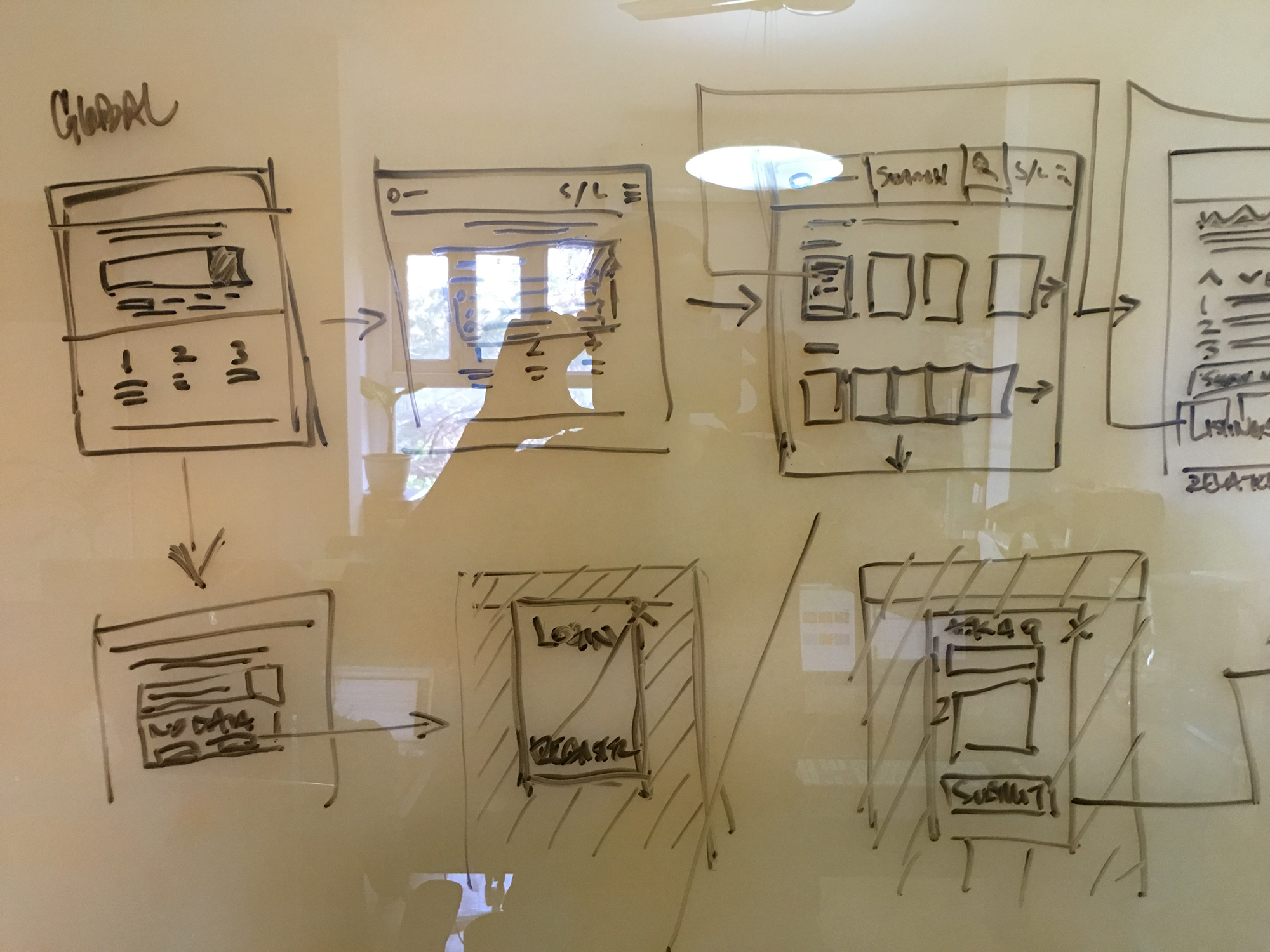
The trusty sketchbook. Always the go-to before Photoshop or Sketch.
Design
Here we have a sampling of the visual design framework and screens developed throughout the process. The framework in particular was helpful in quickly implementing new features with the development team because of our shared, visual language.
Arriving at design decisions
During a design review, a colleague from content wondered out loud if our audience would become bored with the navigation and page layout. While this was not founded in data or analytics, it provided us with an opportunity to discuss how design consistency, like page layout, and usability translate into trust and perceived ease of use.
Later we also observed the small community of expats, explorers and wanderers we were nurturing, rarely used the search functionality and found information navigating the site, a sure sign most of the users of our site were “browsers” versus “searchers”, and our decisions around IA were solid.
Articles would fall flat and fail to grab the attention of users.
The pivot from a publishing site to a Q&A network largely dependent on user generated content allowed users to build a network based on their needs, location and relevance. By simply providing a platform or space and the tools for expats, we went from dictating the course of the conversation to stepping back and allowing our users to feel ownership for the community they build and shape.

